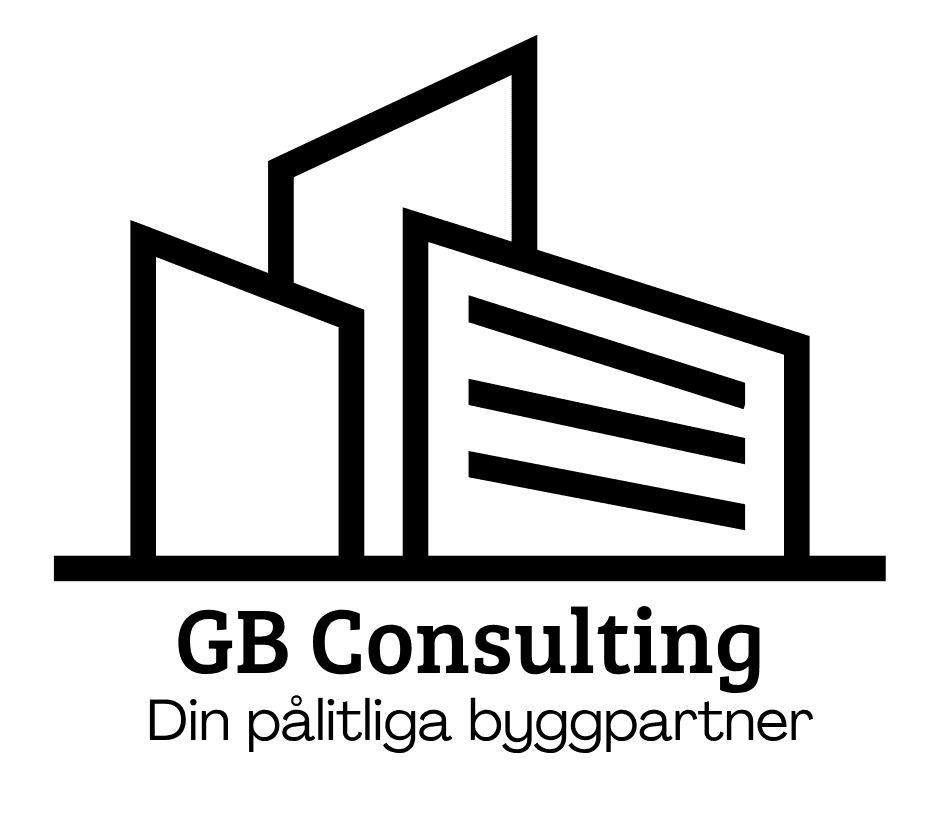Comprehensive Guide to Effective Consulting Strategies
Understanding Consulting Strategies
Consulting strategies are essential for any consultant aiming to provide effective solutions to their clients. These strategies involve a combination of skills, tools, and methodologies designed to enhance problem-solving capabilities and deliver results. Understanding the foundations of consulting strategies can significantly improve the impact of your consulting efforts.

Identifying Client Needs
The first step in developing effective consulting strategies is identifying and understanding client needs. This involves conducting thorough research and engaging in active listening during initial meetings. By asking the right questions, consultants can uncover the core issues and tailor their approach to address those specific challenges.
Research and Analysis
Conducting a detailed analysis of the client's industry, competitors, and market trends is crucial. This research helps in identifying potential opportunities and threats, enabling consultants to craft strategies that are both proactive and reactive. Data-driven insights are invaluable in this stage.
Developing Tailored Solutions
Once the client's needs are clearly understood, the next step is to develop customized solutions. This involves leveraging industry knowledge and best practices to design strategies that align with the client's goals. Tailored solutions are more likely to succeed as they consider the unique aspects of the client's business.

Engaging Stakeholders
Successful consulting strategies require the involvement and support of key stakeholders. Engaging stakeholders early in the process ensures buy-in and facilitates smoother implementation. Regular communication and updates help maintain momentum and address any concerns promptly.
Implementing and Monitoring
The implementation phase is where strategies come to life. Consultants need to work closely with the client's team to ensure seamless execution. This involves setting clear timelines, assigning responsibilities, and maintaining open lines of communication to address any challenges as they arise.
Continuous Monitoring and Adjustment
No strategy is foolproof, which is why continuous monitoring is essential. Regularly evaluating the outcomes and making necessary adjustments ensures that the strategy remains relevant and effective. This proactive approach helps in achieving long-term success for the client.

Measuring Success
Measuring the success of consulting strategies involves assessing both quantitative and qualitative outcomes. Key performance indicators (KPIs) should be established early on to track progress. Additionally, gathering feedback from the client provides insights into areas of improvement and potential future opportunities.
Learning and Evolving
Finally, effective consulting strategies require a commitment to learning and evolving. Consultants should continuously seek feedback, stay updated with industry trends, and refine their methodologies. This dedication to growth not only enhances client satisfaction but also strengthens the consultant's expertise and reputation.
